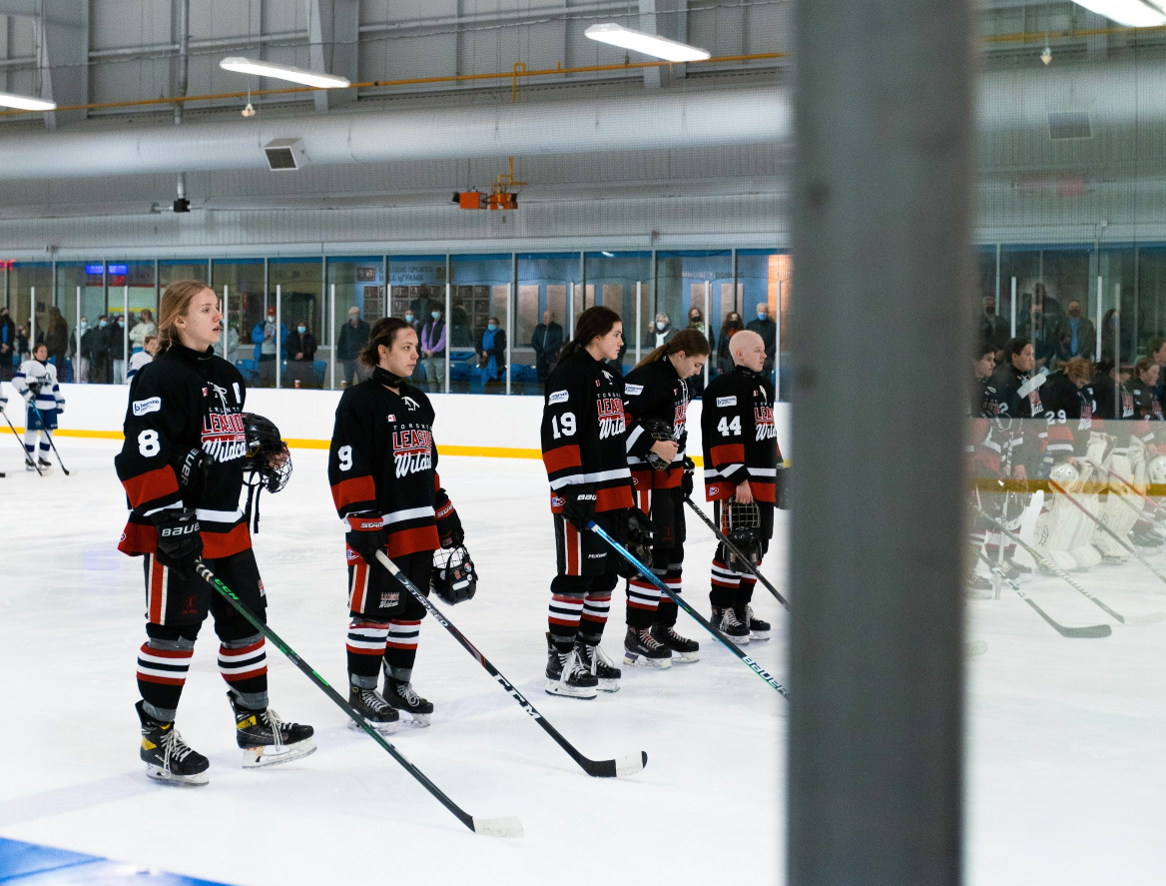Every athlete faces stressful situations in competition. Their response to these adversities determines whether they thrive or struggle under pressure. Learning how to manage pressure effectively requires various mental strategies, such as positive self-talk, mental preparation before competition, and reframing small mistakes as learning opportunities to achieve long-term success. Continue reading along to discover how these strategies can help you manage stress and better perform.

Guillen.D. 2025
Reframing Failure
Losing, making mistakes, and constant practice are all essential aspects of sports. There is no getting around it. Every athlete (even the very best) will make a mistake while they are practicing or competing. Great hitters in baseball will get out 7 out of 10 times while they are at-bat. Great quarterbacks will miss 3-4 out of every 10 receivers they throw to, and even great shooters in basketball will miss nearly half of the shots they take. While mistakes may not be glamorous, they are crucial for an athlete’s success. Competitive athletes often view mistakes and losses as failures. However, true failure only occurs when these experiences are not used for growth. By learning to recognize these mistakes not as signs of weakness or incompetence, but as opportunities for improvement, athletes can make significant strides in their performance (Leath, 2024). The key is to learn from mistakes; rather than, fear or dwell on them. Fear of mistakes can make an athlete hesitant, often leading to the very errors they wish to avoid.
The first step in reframing one’s mindset is acknowledging and accepting that you have made a mistake. By acknowledging and accepting, you are taking ownership. Without taking ownership, you cannot move forward quickly. This step must be completed promptly (i.e., completed in a second or two) after making the mistake. It can be as simple as you are saying, “My mistake” or raise your hand in recognition. The second step is to remember you are not the mistake. Mistakes happen in every sport to every athlete who has ever competed. Accepting this reality allows you to move forward, take risks, and perform with confidence (Peak Performance Sports, n.d.).
Self-Talk
What is self-talk? Simply put, self-talk in a sporting context is a cognitive framing of thoughts that can be expressed internally or outwardly, which impacts one’s physical performance (Hardy, 2006, as cited in Liu et al., 2022). Self-talk is so ingrained in our daily lives that its impact often goes unnoticed, and as such, few people use its power to shape their mindset, build confidence, enhance performance, and, in this case, use it to perform under pressure.
It is a natural instinct to have thoughts pop up that are negative while performing. Phrases such as, “I am not sure I can do this” or “I am not good enough”. The consistent use of negative self-talk will ultimately, result in poor performance. Sport Psychologist, John Murray says, “I like to view self-talk as equipment. In the same way you bring your shoes to the court, you have to bring your positive self-talk” (Pawlowski, 2015).
Self-talk can be broken down into either instructional or motivational and each of the two should be expressed in a positive manner. Instructional self-talk is often used to enhance performance through attention to detail on movement patterns, technique, or strategy (Beneka et al., 2013). Phrases such as, “Keep elbow up when releasing the shot” or “Knees bent, see the target,” or “Focus on tempo” are all positive forms of instructional self-talk. Being able to focus your self-talk in a positive, methodical way focused on skill execution provides a sense of level-headedness and helps with performance under pressure as the performer or athlete can attend to task-relevant information (Parvizi et al., 2012, as cited in Liu et al., 2022). Motivational self-talk can facilitate improved performance under pressure by increasing mood and motivation, thus increasing confidence and energy (Beneka et al., 2013). Motivational self-talk enhances performance as it emotionally energizes our arousal levels and effort in a positive direction. Phrases such as, “I love this challenge” or “I got this,” or “I am capable” are all positive forms of motivational self-talk. Positive motivational self-talk can also be used to remove self-doubt and to increase focus. For example, long-distance runners may start to use motivational self-talk (i.e., “I’ve trained hard for this moment I can do this”) at a certain point in a run or race when they know negative self-talk (i.e., “This hurts I don’t want to do this”) may start to appear. This will allow them to stay in the moment, rather than be distracted by thoughts that are not helpful to achieving their goals.
What can you say to yourself when in those challenging moments of your sport?

Kobo, K. 2022
Mental Preparation
Many athletes have routines for their preparation to compete, such as eating specific meals, listening to music, and warming up their bodies. However, mental preparation is often overlooked; despite it being as important as physical readiness. Before an important game or competition, it is normal to feel nervous or anxious. The key is to stay present, feel confident in your skills, and embrace the excitement of performing.
Here are some tips on how to do this:
- Read over and/or visualize your game plan and what role you will be playing.
- Visualize and imagine yourself in your upcoming game/competition.
- See yourself being successful in your overall performance.
- See and feel yourself making specific skills and plays.
- See yourself and hear yourself reacting well to the pressure of the game/competition.
- List all the aspects of your sport that you have control over (i.e., your effort, your determination, your preparation, your self-talk, your strategy). Remember you are only in control of what you do.
- Remember your strengths and everything that you have done well in practice leading up to the game/competition.
- Assess your level of energy and how your body feels before your game/competition.
- If you are feeling tense, find ways to calm your body (i.e., breathing).
- If you are feeling sluggish, find ways to increase your energy (i.e., longer physical warm-up).
- Live in the present moment, do not allow yourself to think about the end result of the game or season; instead, simply play in the moment.
Effectively managing pressure in sport requires a combination of mental preparation, resilience, and strategic self-talk. By reframing failure as a learning opportunity, staying present and in the moment, as well as using a combination of positive, instructional and motivational self-talk to boost confidence, athletes can develop a mindset that not only helps them to manage pressure in sport, but enhances their performance under pressure.
To learn more on how to build mental skill under pressure, please visit www.headsetsports.com or register for one of HeadSet’s customized mental skills programs at www.headsetsports.com/register. You can also register for the HeadSet app by searching HeadSet Sports on the App Store or Google Play.
References
Beneka, A., Malliou, P., Gioftsidou, A., Kofotolis, N., Rokka, S., Mavromoustakos, S., & Godolias, G. (2013). Effects of instructional and motivational self-talk on balance performance in knee injured. European Journal of Physiotherapy, 15(2), 56–63. https://doi.org/10.3109/21679169.2013.776109
Hardy, J. (2006). Speaking clearly: A critical review of the self-talk literature. Psychology of Sport and Exercise, 7(1), 81–97. https://doi.org/10.1016/j.psychsport.2005.04.002
Leath, J. (2024). Reframing setbacks as learning opportunities. James Leath. https://www.jamesleath.com/notes/reframing-setbacks-as-learning-opportunities
Liu, H.-Y., Lu, F. J. H., Hsu, Y., Gill, D. L., Chiu, Y.-H., & Peng, Y.H. (2022). Interactive Effects on Motor Performance of Mindfulness, Performance Under Pressure, Self-Talk, and Motor Task Characteristics. Perceptual and Motor Skills, 129(2), 307–327. https://doi.org/10.1177/00315125211069042
Peak Performance Sports. (n.d.). How to refocus in competition after a mistake. Peak Sports. https://www.peaksports.com/sports-psychology-blog/how-to-refocus-in-competition-after-a-mistake/
Peak Performance Sports. (n.d.). 6 steps to pregame mental preparation. Peak Sports. https://www.peaksports.com/sports-psychology-blog/6-steps-pregame-mental-preparation/
